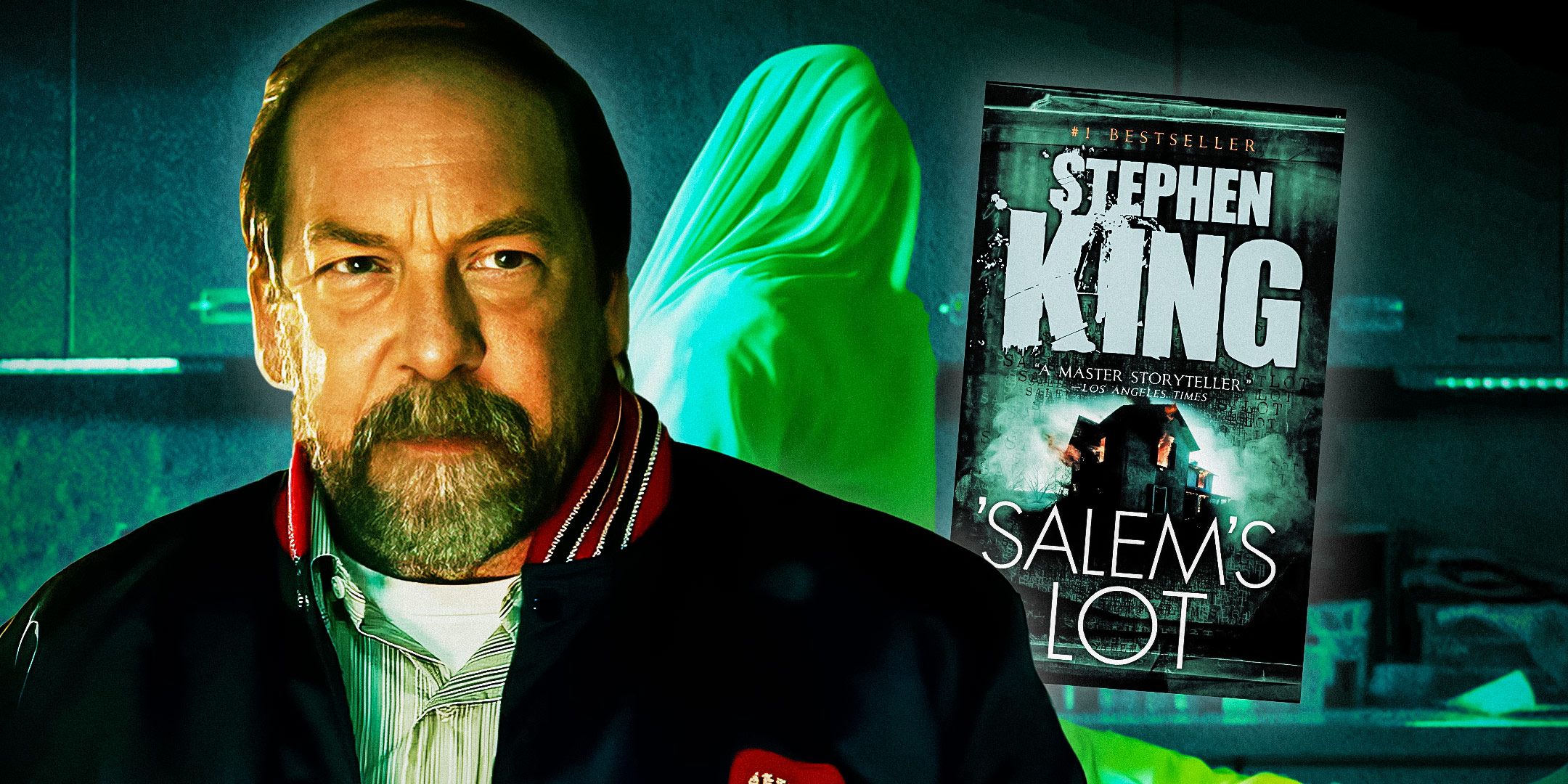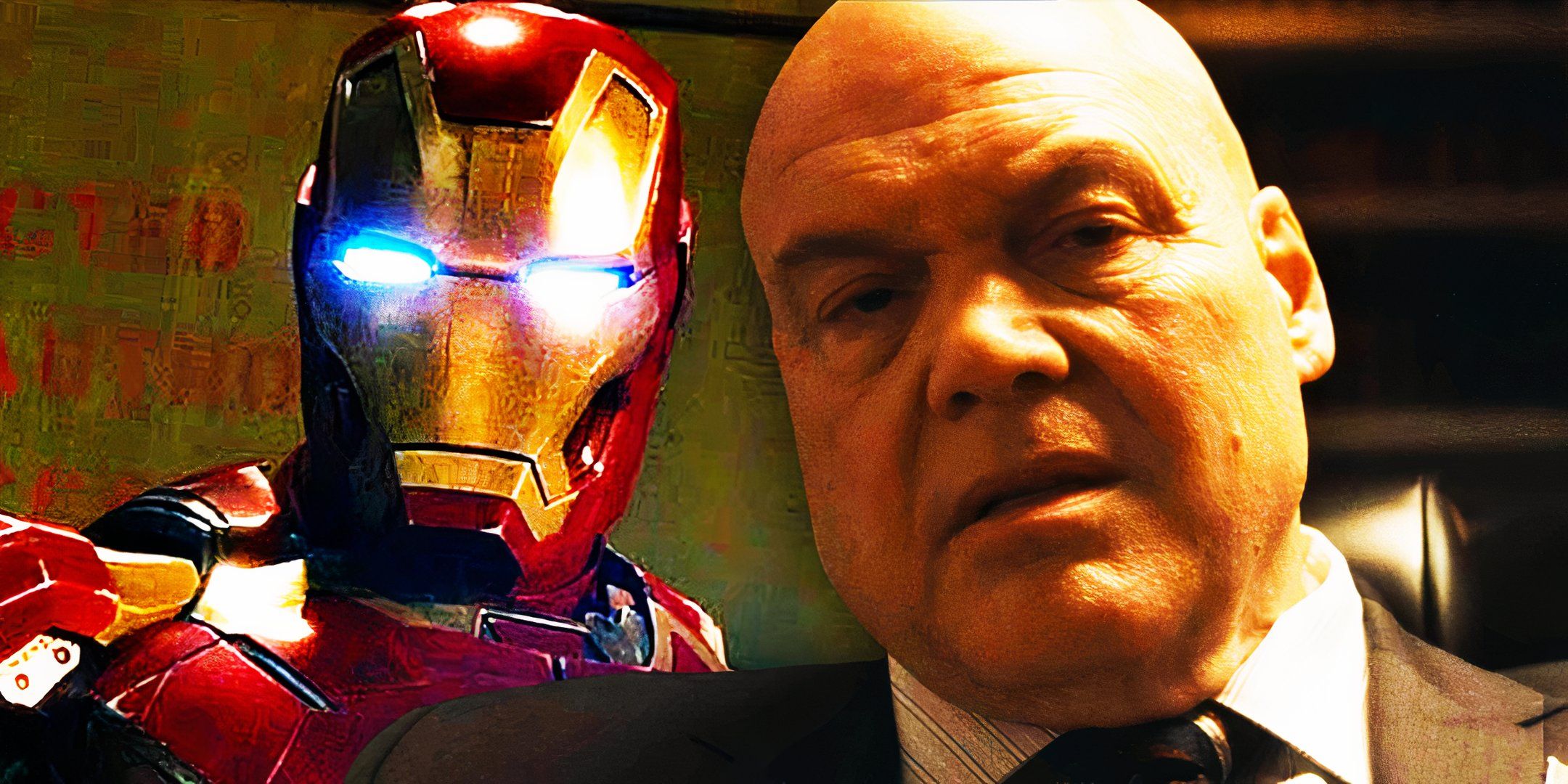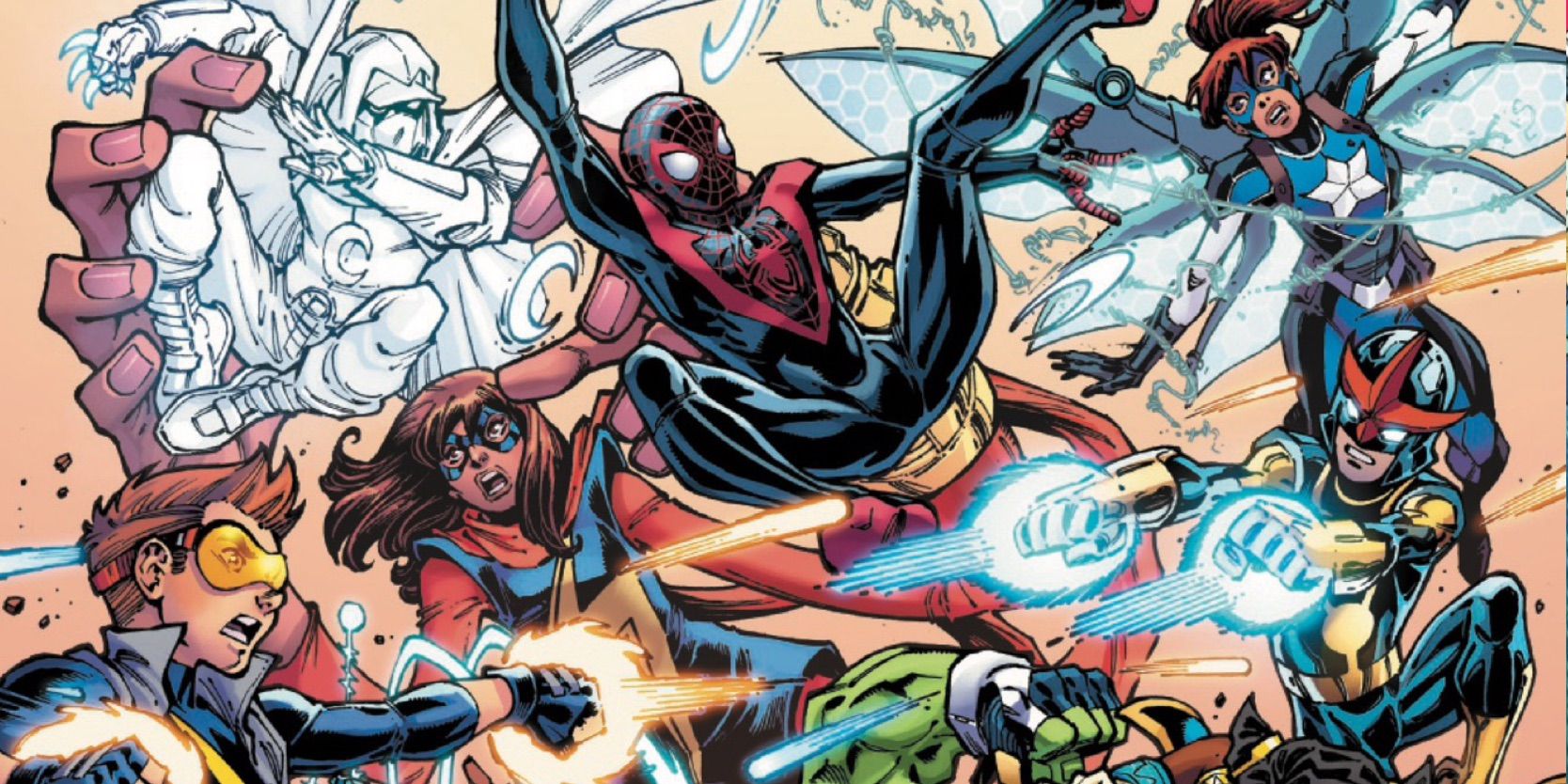Salem's Lot's Missing Characters Confirms A Harsh Truth About The 2024 Movie
2024's Salem's Lot movie cuts characters from the original novel, confirming the reality of the adaptation. The original 1975 Salem's Lot is one of Stephen King's best books, beloved as a classic of the horror genre for nearly five decades. Like many of his works, the vampire novel has been adapted multiple times, with previous attempts portraying the story as a miniseries, including a successful rendition from 1979 that remains one of the best adaptations of his work. The 2024 movie received significantly less praise.
Related Salem's Lot Ending Explained: What Happens To Ben Mears & The Town A new adaptation of Stephen King's classic horror story, Salem's Lot, is out, and there's plenty of material to break down from the climactic ending.
The new rendition was released on Max to poor critical reception, receiving a 48% score on Rotten Tomatoes and an even lower 41% audience rating. With classic films like The Shining and The Shawshank Redemption setting the bar for the best Stephen King adaptations, Salem's Lot is one of the least compelling renditions of the author's work, and there are multiple reasons why. The Salem's Lot cast is rather compelling, offering an interesting new spin on iconic characters, but the biggest issue is likely the time constraint of the film medium.
Salem's Lot's Cut Book Characters Prove The Movie Would've Been Better As A TV Show
The Salem's Lot Movie Doesn't Have The Time For Its Ensemble
Close
There are several differences between the Salem's Lot book and the 2024 movie, including the omission of characters in varying levels of importance. For example, Hubie Marsten is a vital character from the town's past whose horrible crimes are instrumental in establishing the importance of the Marsten house, Ben Mears' backstory, and the darkness beneath Jerusalem's Lot that made it so appealing to a vampire. Another example is Bill, Susan's father, who she claims in the movie has died before the events of the film. In the book, Bill importantly contrasts Susan's mother by actually taking a liking to Ben.
in order to pace the events like a movie, the narrative is less free to meander between different characters and personalities, exploring the different corners of the town
The absence of these characters and the gaps in the story left behind speaks to a larger issue, which is that Salem's Lot is a narrative better suited for television. This isn't necessarily about length, as It is a far longer book, but worked for the most part as movies. The problem with adapting Salem's Lot is that, in order to pace the events like a movie, the narrative is less free to meander between different characters and personalities, exploring the different corners of the town. Television has far more freedom to explore this aspect of the book.
1979's Salem's Lot Showed That The Story Needed More Than A Movie To Adapt The Book
The Salem's Lot Miniseries Is Still The Best Adaptation
The 1979 version of Salem's Lot is still widely considered to be the best, and it being a television miniseries is the primary reason why. It may not have the modern effects and flashy CGI vampire of the 2024 film, but the classic miniseries hits all the essential narrative beats from the book. In total, 1979's Salem's Lot comes in at over three hours of runtime when combining the two miniseries episodes, making it an epic-length movie when added together. That's an extra hour and some change to explore the town, adding to the story's emotional weight.
A lot of the issue with 2024's Salem's Lot is that the first hour constructs a seriously compelling narrative with an interesting ensemble, telling a story that's faithful to the novel despite its changes. But then the film's second half drops a significant portion of these storylines, killing off underdeveloped characters at a rapid pace as it shifts gears to underwhelming, standard monster movie action. There's some charm to a group of allies running around a small '70s town fighting vampires, but it's not what Salem's Lot is about.
How Salem's Lot's Movie Format Misses A Major Point Of Stephen King's Book
Salem's Lot Is A Story About A Town
Image via Max
Possibly the most important aspect of Salem's Lot is that it's not a narrative that's driven by character study or plot but rather by the study of the town as a collective whole. Jerusalem's Lot isn't just the setting; it's the subject of King's narrative, which explores the downfall of small-town America at the hands of corruption in the back half of the 20th century. The novel explores thematic material similar to movies like The Last Picture Show, which similarly explores the decline in classic small-town life.
With that in mind, examining the lives of different townsfolk and really taking in the entirety of Jerusalem's Lot is crucial to King's message. Salem's Lot isn't simply a scary vampire story; it's an examination of the mirage of the small-town world, demonstrating how continuously ignoring small acts of evil opens the path to great evil, with Kurt Barlow representing an existential threat. At the end of the Salem's Lot movie, the entire town has been destroyed, but the film doesn't do the legwork to show why it matters.











COMMENTS